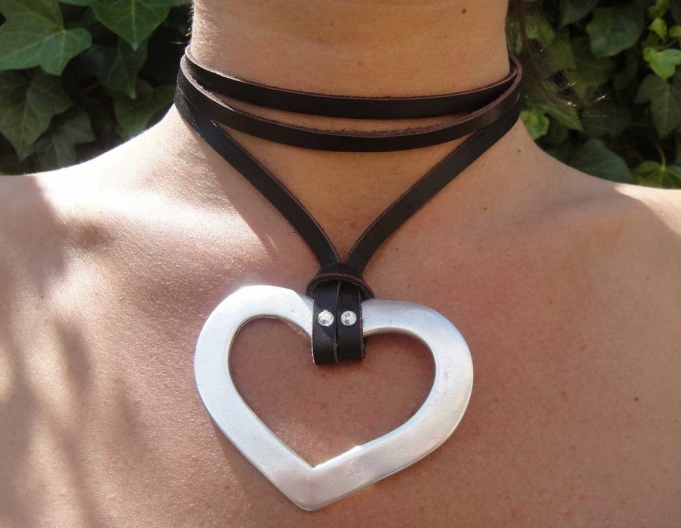Imagine putting on clothes – and pajamas – each day and night equipped with micro-sensors that monitor your health in real-time, around-the-clock. This vision is at the heart of an on-going Swiss research project that aims to create “Guardian Angel” sensors that can seamlessly and constantly monitor a person’s health and environment wherever they are.
Scientists from the Swiss Federal Institutes of Technology in Lausanne and Zurich are coordinating the project, one of six flagship research programs supported by the European Union. Two of these projects will be selected in 2013 for 1 billion Euros in funding spread over the next 10 years.
The health-monitoring researchers aim to develop three successive generations of the “Guardian Angel” sensors. The first would record physical data such as your heart rate and blood-sugar levels, while the second generation sensors would add monitoring of external environmental factors such as pollen and pollution levels. Eventually, the sensors would also measure “emotional” states like stress.
The small devices would prompt users to seek medical attention once certain thresholds were reached. Technological challenges remain, including finding ways of powering the tiny sensors, which would be placed in clothing and jewelry in contact with your skin. But the hope is to develop prototypes as early as one year after research starts.
Anticipating potential worries about the use of personal health information, those in charge of the project have already established an ethics committee. “We could equip our sensors with switches to turn them off when desired,” says Christofer Hierold, one of the project coordinators and a nano-systems specialist from the SFIT.
There are other risks, says Lausanne University sociologist and new technologies specialist Olivier Glassey. “People shouldn’t think they can skip seeing their doctor just because they have direct access to their health data,” he says.
Glassey believes people will readily adopt these small, autonomous sensors, but hopes their use will also spark a debate on private data protection in an era of increasingly sophisticated technology.
